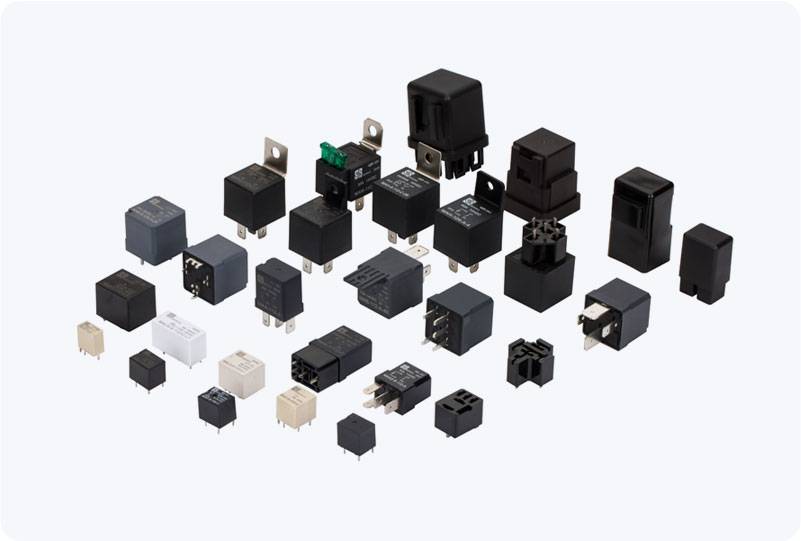Motor control power relays are essential components in modern industrial automation systems. These devices play a crucial role in the safe and efficient operation of motors, ensuring that they function as required while protecting them from potential damage caused by electrical faults or overloads. This article explores the different types of motor control power relays, their key functions, and the significance of these devices in controlling and protecting motors in various industrial applications.

What is a Motor Control Power Relay? A motor control power relay is an electrical switching device designed to control the operation of electric motors. By using electrical signals, these relays can switch circuits on and off, allowing for the remote control and protection of motors in a variety of systems. These relays are commonly used in industrial machinery, HVAC systems, conveyor belts, and other automated equipment that rely on electric motors for operation. Types of Motor Control Power Relays There are several different types of motor control relays, each designed for specific purposes within the motor control circuit. The most common types include: